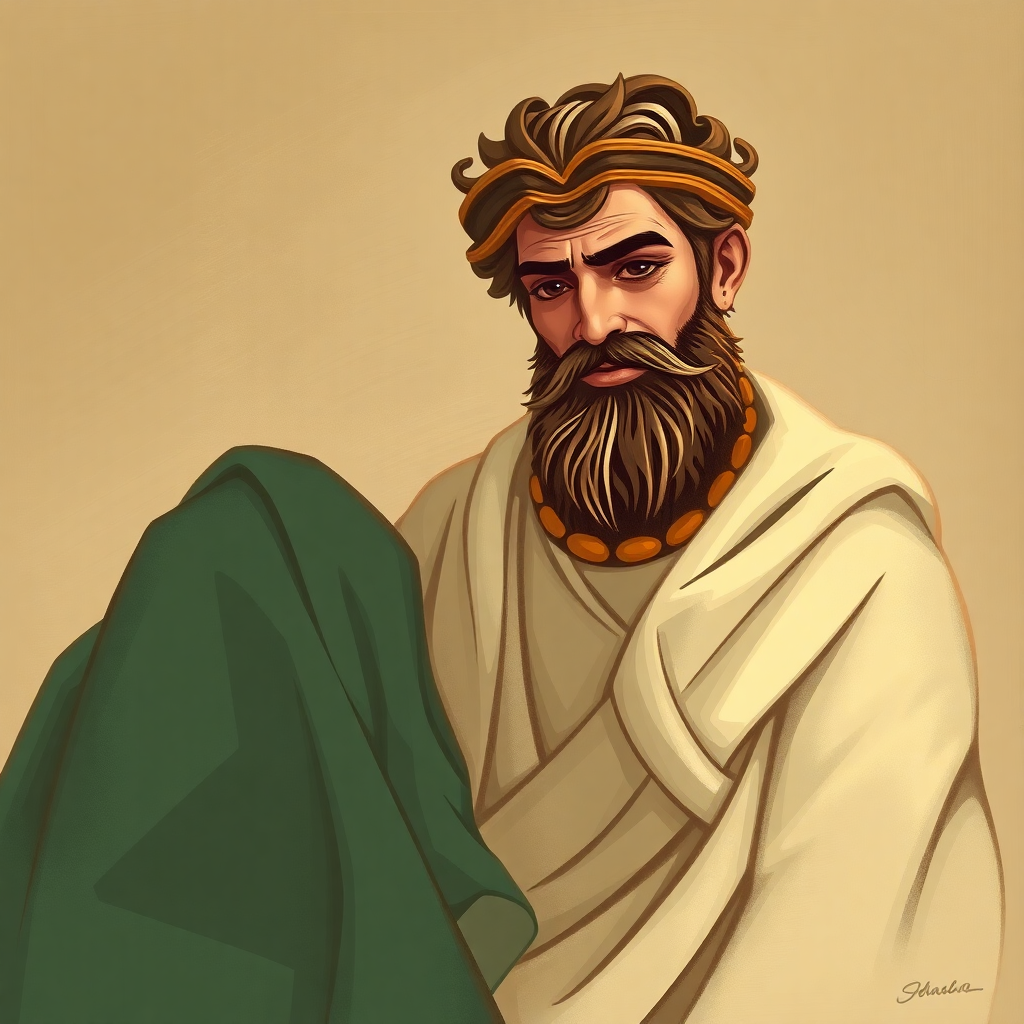Who was Ishmael in the Bible?
Ishmael is introduced in Genesis 16 as the son of Abram (later Abraham) and Hagar, Sarai's Egyptian maidservant. His birth comes after a significant period of waiting and uncertainty for Abram and Sarai, who despite God’s promises struggled with childlessness.
The Bible is filled with complex characters whose lives and stories intertwine in ways that have profound theological and moral implications. One such figure is Ishmael, a prominent character in the Genesis narrative whose life reflects themes of faith, struggle, and the broader human condition. Understanding who Ishmael was requires an exploration of his lineage, his significance within biblical history, and his continuing legacy in religious traditions.
The Lineage of Ishmael
Ishmael is introduced in Genesis 16 as the son of Abram (later Abraham) and Hagar, Sarai's Egyptian maidservant. His birth comes after a significant period of waiting and uncertainty for Abram and Sarai, who despite God’s promises struggled with childlessness.
Sarai, seeking to fulfill God's promise of offspring, suggests that Abram take Hagar as a concubine to bear a child on their behalf. Thus, Ishmael is born, and his name means "God hears," reflecting the circumstances of his conception and the divine promise that he would indeed be heard despite the struggles faced by his parents.

The Birth of Ishmael
The narrative surrounding Ishmael's birth is significant for several reasons. It highlights the cultural practices of the time and the struggle of human impatience toward divine promises. The dynamics between Sarai, Hagar, and Abram present a deeply human story marked by jealousy, conflict, and longing.
After becoming pregnant, Hagar feels elevated above Sarai, leading to tensions that result in Hagar fleeing into the wilderness. Here, she encounters the angel of the Lord, who encourages her to return and submit to Sarai, while also promising that her descendants will be numerous. This encounter is pivotal as it establishes Ishmael’s role as more than just an offspring; he is a symbol of God's provision and grace even in less-than-ideal situations.
The Life and Legacy of Ishmael
Ishmael's life is further chronicled in the biblical text, particularly in Genesis 17 and 21. God reaffirms His covenant with Abram, clarifying that while Isaac, the son born to Sarai, will be the heir through whom the covenant will be fulfilled, Ishmael will also be blessed.
This distinction highlights the duality of God's promise: His plan involves both Isaac and Ishmael, albeit in different ways. When Isaac is born, tensions escalate between the two boys, culminating in Hagar and Ishmael being sent away to protect Isaac's inheritance. However, this act does not erase Ishmael’s significance, as God continues to care for him and promises that he will become a great nation.
The narrative concludes with the account of Ishmael growing up in the desert of Paran, where he becomes an archer and eventually marries an Egyptian woman. His descendants are traditionally associated with the Arab nations, and he is regarded as a significant figure in Islam, where he is considered a prophet and a key ancestor of Muhammad.
Theological Implications of Ishmael's Story
Ishmael's story raises important theological questions about divine promises, human failure, and the complexity of familial relationships. His existence demonstrates that God’s plans can unfold in surprising ways and that His mercy extends beyond the bounds of His chosen covenant community. Ishmael is often viewed as a figure representing those who are marginalized, illustrating that God's attention and promises are not limited to a single lineage or people group.
Furthermore, the tension between Ishmael and Isaac has perpetuated various theological and historical disputes, particularly between Judaism, Christianity, and Islam. Each tradition interprets Ishmael’s role in light of its own understanding of divine prophecy, covenant, and fulfillment, making him a figure of both reconciliation and division.
Conclusion
As we explore the breadth of Ishmael's legacy, we are invited to reflect on our own journeys of faith, the ways we navigate relationships, and the deep truths of divine provision that resonate across cultures and generations.